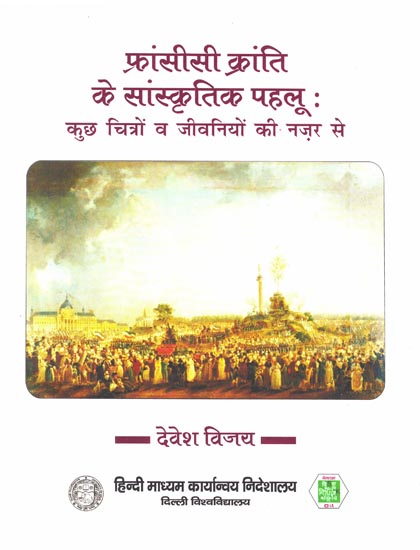
Burke takes issues with the concept of "liberty" as it is understood by supporters of the French Revolution. He believed that the unorganized nature of this Revolution, based on a vague concept of liberty, would lead to disagreement and chaos. However, Burke perceptively predicts that it would head in a violent direction. His pamphlet is a response to those who agreed with the revolution and saw it as representing a new era of liberty and equality.īurke wrote this text in the early stages of the Revolution, before it had descended into violence. It was written by Edmund Burke, who offers a strong criticism of the French Revolution. Reflections on the Revolution in France is a political pamphlet, published in 1790.

We are thankful for their contributions and encourage you to make your own. Francis Canavan (1917-2009) was Professor of Political Science at Fordham University from 1966 until his retirement in 1988.These notes were contributed by members of the GradeSaver community. This is Burkes most famous work, for over two centuries read, discussed, and pondered by thousands of students and general readers as well as by professional scholars. In addition, he articulates a coherent political countertheory that organizes his own beliefs about God, humanity, and society.

He attempts not only to explain the events of the new revolution to his readers but also to persuade them that the revolution menaces the civilization of Europe in general and that of Britain in particular. In it, he excoriates French revolutionary leaders for recklessly destroying Frances venerable institutions and way of life. Volume 2 consists of Burkes most renowned work, Reflections on the Revolution in France. Francis Canavan, one of the great Burke scholars of the twentieth century, has added forewords. Faithfully reproduced in each volume are E.

Book Synopsis Originally published by Oxford University Press in the 1890s, the famed three-volume Payne edition of Select Works is universally revered by students of English history and political thought.


 0 kommentar(er)
0 kommentar(er)
